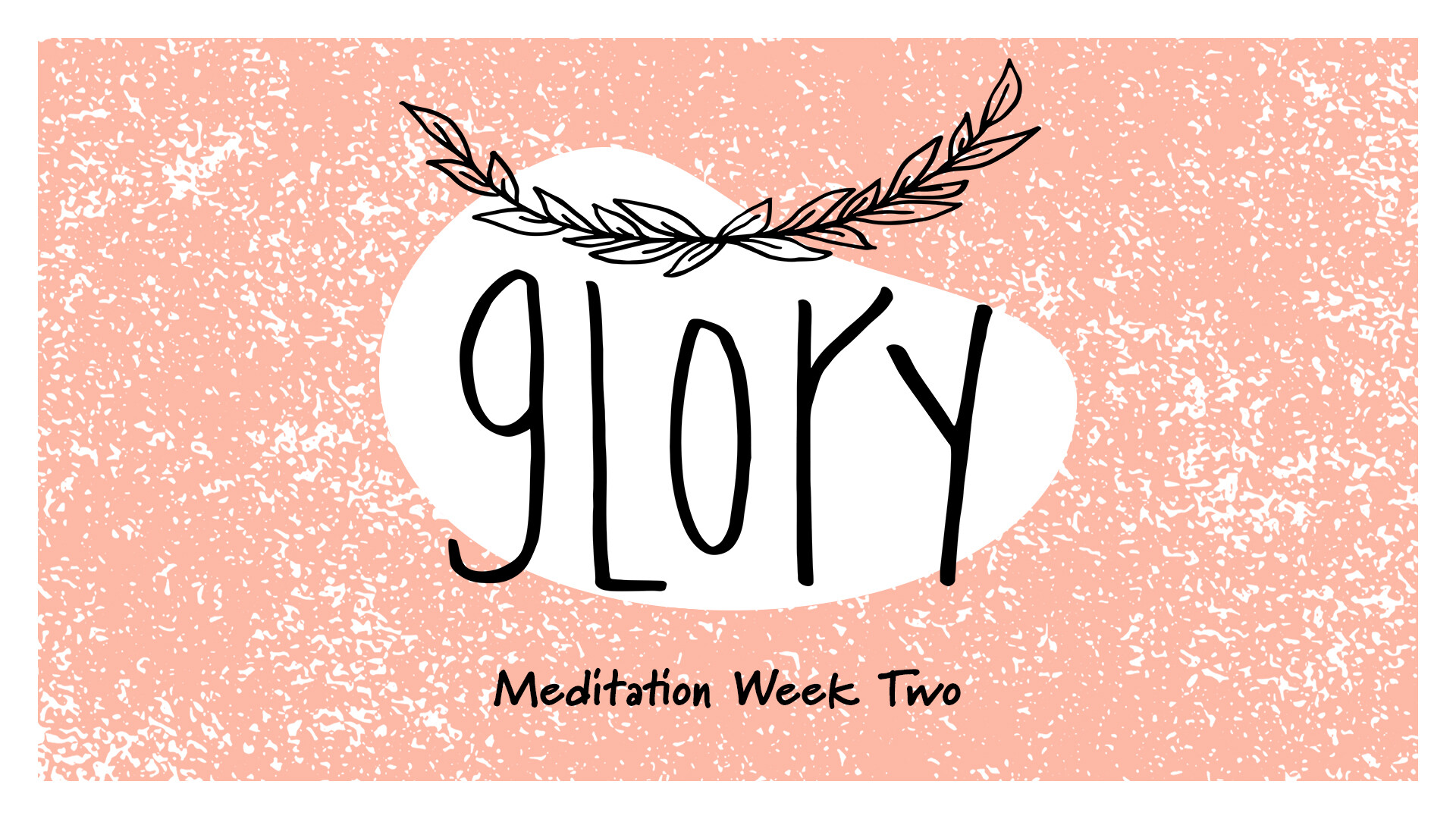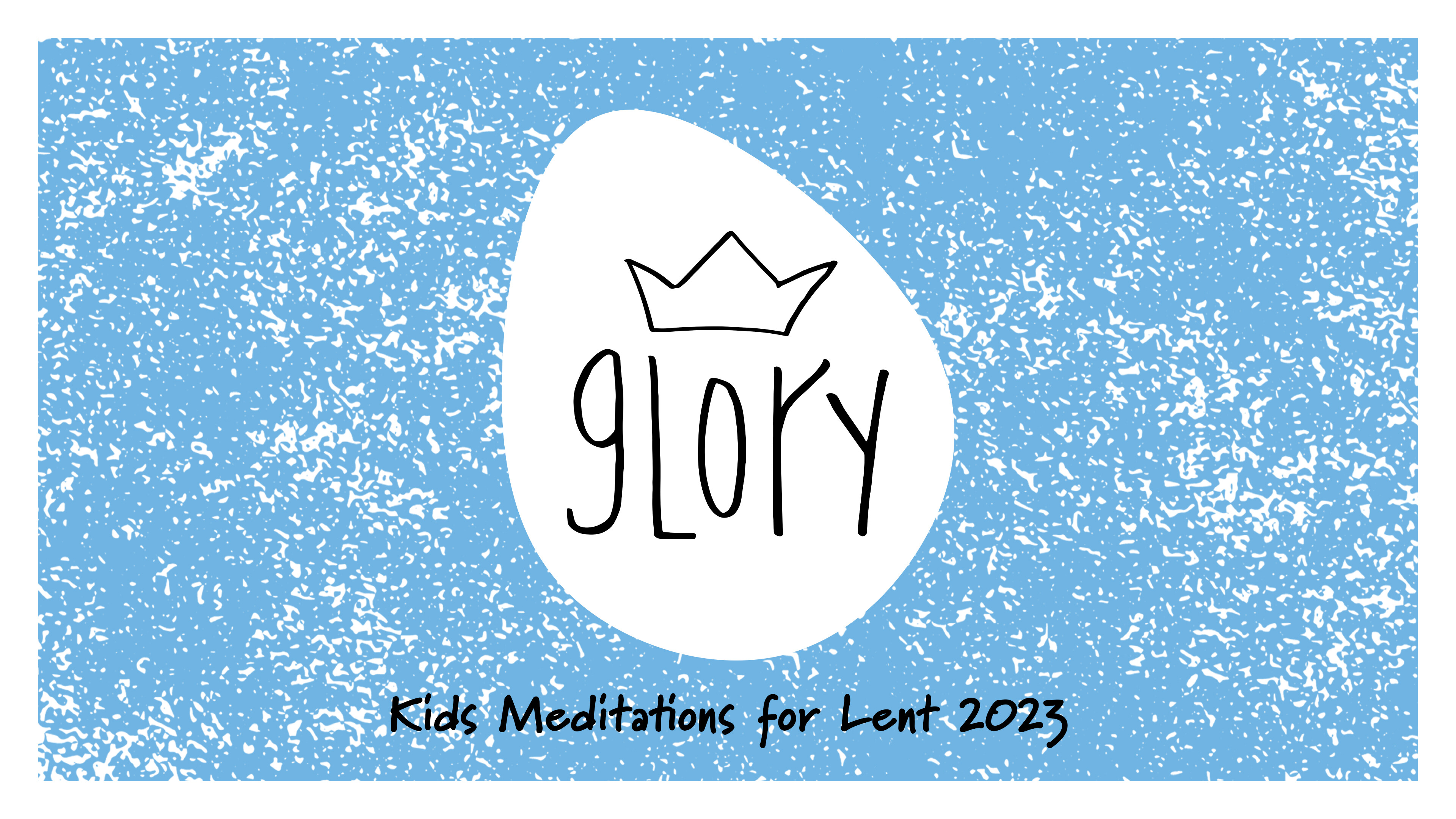
There are two Johns in the book of John—the author, and John the Baptist. John the Baptist attracted attention as his following grew, to the point where the Jews in Jerusalem sent a delegation of priests to investigate the rumors (John 1:19-23).
“Who are you?” they asked. And John replied: “I am not the Christ.”
They asked again: “Who, then? Are you Elijah?”
And John replied: “I am not.” After John further answered “no” to the question of if he was the Prophet, his visitors became exasperated.
“Who are you?” they demanded. “We need to give an answer to those who sent us! What do you say about yourself?”
John had answered all their questions in the negative. His visitors complained that he hadn’t given any information—but it seems like John thought he had. He had given a very critical piece of information: I’m not him.
Whether they know it or not, his guests are looking for Jesus. And John says: I’m not your Messiah. But I know him.
Six chapters later, Jesus is teaching in the temple, and his audience marvels that he seems so learned, despite lacking the proper earthly credentials. In response, Jesus talks about glory.
“The one who speaks on his own authority seeks his own glory,” Jesus says (John 7:18). “But the one who seeks the glory of him who sent him is true.”
John finally identifies himself as a voice—“the voice of one crying in the wilderness”—a messenger, rather than the message itself. John’s authority comes from knowing on whose behalf he speaks, whom he represents. When we can remember the same, we gain credibility from outside ourselves, and we remember to whom glory really belongs.
Ultimately, the people in our life are looking for Jesus. When we remember who we represent, we stay true to our identity. We know the liberating truth of who we are, and who we’re not.
On whose authority do you speak? Whose glory do you desire—in your workplace, in your home, in your school or church?
Today: Say out loud to yourself: “I’m not him.” How does that feel? Is it a relief; is it confusing; is it frustrating? When we know who God is, we also know who we are. Ask God to make you more grounded in your identity. Think or pray about your identity before also saying out loud, like John: “I can be a voice.”

Looking for the Kids meditations?
We have a kid-friendly version of each of these meditations with an activity sheet included!
Meditations written by Meghan Blosser.





